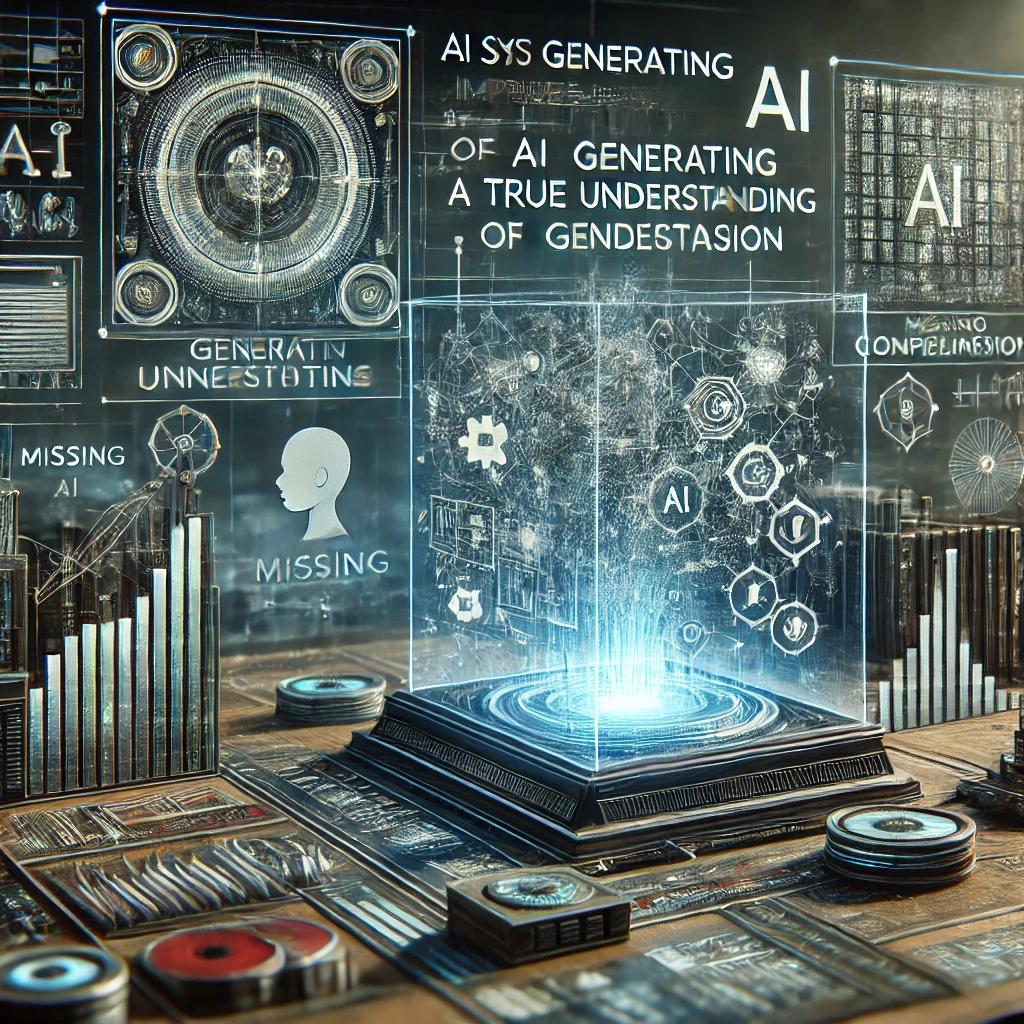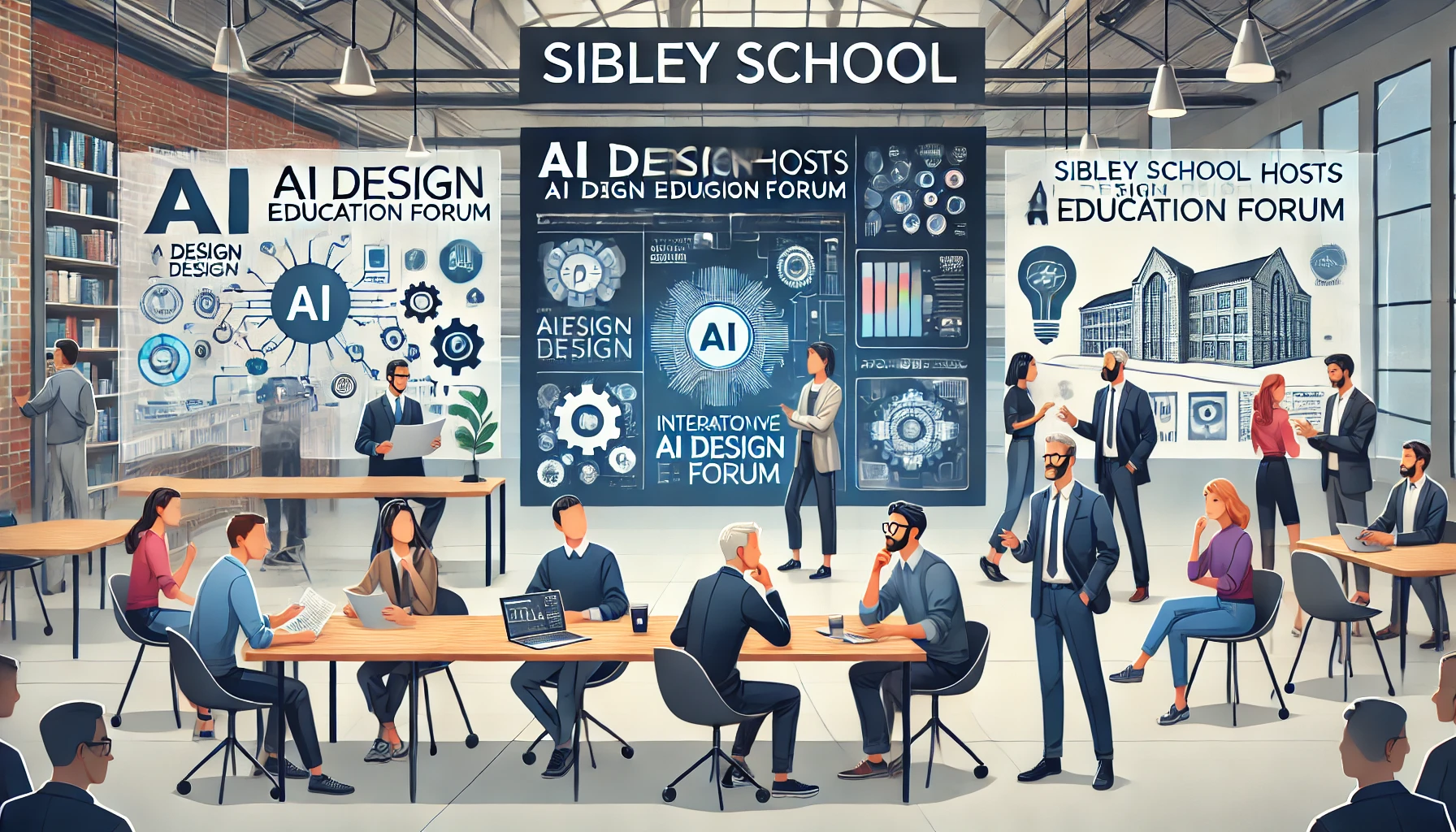Generative AI continues to astound with its ability to produce coherent text, art, and more. However, researchers have demonstrated that even the most advanced large language models lack a true understanding of the world and its rules, leading to unexpected errors in tasks that appear similar. Despite producing content that seems knowledgeable, these AI models operate without a coherent, internal model of the world, relying instead on patterns in data rather than genuine comprehension.
This gap can cause generative AI to stumble in tasks that require a deeper understanding, where subtle shifts in context or logic come into play. By showing that AI can generate plausible responses without truly grasping underlying meanings, researchers highlight an inherent limitation that could impact reliability in high-stakes applications, such as medical or legal contexts.
As generative AI tools become more widely used, recognizing their limitations is crucial for setting realistic expectations. Until AI can form a comprehensive model of the world, careful oversight will be essential to avoid potential pitfalls in applications where a genuine understanding of complex information is required.





